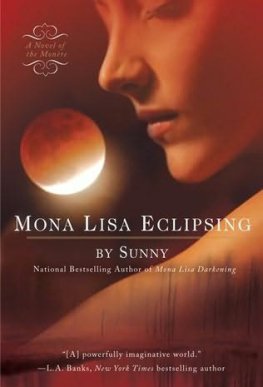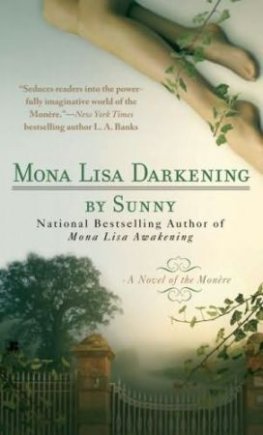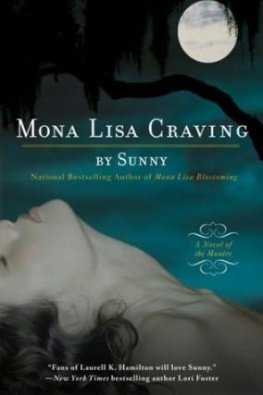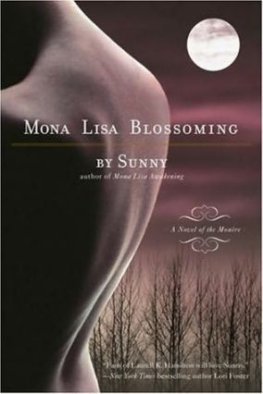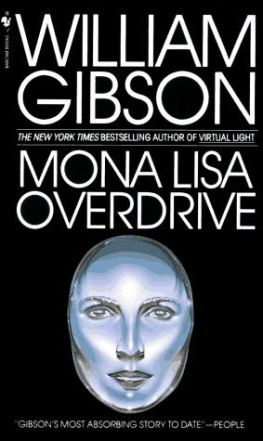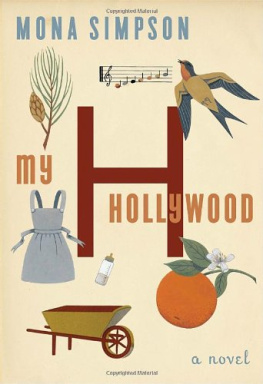When Mona Winberg, against all odds, became a major newspaper columnist for Torontos Sunday Sun in 1986, she led off with the story of her mothers solitary courage. Mona told readers how Sarah Winberg in the 1930s vowed not to place her child, as a doctor recommended, in an institution because she would never walk and never talk, but to instead raise her to be self-reliant and as independent as possible.
SOLITARY COURAGE
Mona Winberg and the Triumph Over Disability
J. Patrick Boyer & Mona Winberg
J. Patrick Boyer and The Toronto Sun
All rights reserved. Written permission of the publisher
or a valid licence from Access Copyright is required to copy, store, transmit,
or reproduce any part of this book.
Blue Butterfly Book Publishing Inc.
2583 Lakeshore Boulevard West, Toronto, Ontario, Canada M8V 1G3
Tel 416-255-3930 Fax 416-252-8291 www.bluebutterflybooks.ca
Complete ordering information for Blue Butterfly titles can be found at:
www.bluebutterflybooks.ca/orders
First edition, soft cover: 2010
LIBRARY AND ARCHIVES CANADA CATALOGUING IN PUBLICATIONS
Boyer, J. Patrick
Solitary courage : Mona Winberg and the triumph over disability /
J. Patrick Boyer & Mona Winberg.
ISBN 978-0-9781600-5-0
Electronic edition, ePub format:2010
ISBN 978-1-926577-40-1
1. Winberg, Mona, 1932-. 2. Cerebral palsied--Canada--
Biography. 3. People with disabilities--Canada--Biography.
4. Journalists--Canada--Biography. I. Winberg, Mona, 1932-2009 II. Title.
RC388.B69 2010 362.1968360092 C2010-905841-0
Cover design by Heidi Hopper /
Interior design and typeset by Evolution Ltd.
DEDICATION
To Vim Kochhar
whose ideas and actions
show that in Canada
dreams can become realities
PREFACE
Monas Resolute Courage
Mona Winberg stood out for me as one of the brightest stars. She personified what an individuals resolute courage could accomplish, both for herself and as role model to those overcoming disabilities. I was inspired by the freshness with which she articulated issues, and how she relentlessly advocated improvements for people too long left at the margins of Canadas comfort-seeking mainstream.
I first met Mona in 1987. I was chairing the new Parliamentary Committee on the Status of Disabled Persons, Canadas first ongoing parliamentary committee whose only business was the status of citizens with disabilities. Our all-party committee of MPs was grappling in a major way with the disabilities agenda, and making far-reaching recommendations that were being implemented.
When I organized a conference on new opportunities for disabled people, Mona, who was leading the charge in her Disabled Today newspaper column, was a natural to invite. The Saturday event was an emotion-filled day and Mona was an exceptional panelist. Her message reached a wide audience through television broadcast of the proceedings and follow-up newspaper reports. She topped off that media coverage with one of her own columns, reporting on the event to her Sunday Sun readers. She never missed a beat.
I often raised Monas concerns, or mentioned her ideas, in our parliamentary proceedings. That became part of parliaments Hansard record. She wrote about initiatives our parliamentary committee was taking on behalf of citizens with mental and physical disabilities. That became part of the published Toronto Sun record. Our interaction of personal commitment, which first drew us together, continues now, though in a decidedly different time and context, with this book.
Mona reviews Finding the Mainstream conference
Mona Winberg and I had been working on this book for some time. She was encouraged that something more might be done to revivify the sagging agenda on disability issues, in the enduring form of a book. The Toronto Sun, which long believed a collection of her best columns needed to be published, provided consolidated copies of them all and a green light to proceed. The people at the Sun knew as much as Mona how urgent it was to tell Canadians what should be happening.
Yet Solitary Courage is more than a collection of yellowed newspaper columns. It is the story of human willpower. It tells of Monas defiant mother, Sarah Winberg, who called herself the last angry woman because she felt alone standing up against injustices to disabled people like her daughter. Sarahs maternal love combined with her outrage to challenge conventional wisdom in 1930s and 1940s Canada about severely disabled people, the retards, as they commonly were called. She saved her infant daughter Mona, the human vegetable, from the common fate of being institutionalized and forgotten. Instead, the two women together determined to make the best of life and pioneered the revolutionary concept and practice of independent living.
This book reveals the solitary nature of their courage, and documents their sense of humour, irony, and outrage over injustice. It focuses on issues that Mona, the talented writer and articulate advocate, defined in print and battled to win in the arenas of national, provincial and municipal public affairs. It is about the soaring hope of achieving real progress, and the incessant heartbreak of personal setbacks and governmental cutbacks.
Ultimately, Mona Winbergs life personifies Eleanor Roosevelts insight that, without action to uphold human rights close to home, we shall look in vain for progress in the larger world. Mona took action where she could, making a real difference in the lives of countless thousands in the larger community we inhabit.
From 1986 to 1999, Mona was the only disabled columnist regularly published in North America. After she stopped writing her column, issues shed kept before political leaders and the general public for a dozen years seemed to slip lower on the radar screen, if not right off.
This book is both my account of Monas personal story and Monas public message as offered in her own words through her Toronto Sun columns. Together, I hope they kindle renewed resolve to overcome disability challenges and convey her optimistic realism to a new generation of policy-makers and citizens.
Mona Winberg went courageously where there was no path. Solitary Courage now marks the trail she blazed for us to follow.
J. Patrick Boyer, Q.C.
Toronto, Ontario
FOREWORD
A stream of inspiration
My friend Mona Winberg was easy to love. I saw her in action. I enjoyed being with her on different occasions. I corresponded with her. She was a stream of inspiration. By her deeds and action she enriched the quality of life of thousands.
Mona was a woman who made a difference. She did this in a number of ways. First, by the way she lived her life, Mona gave leadership to others by her own example. Second, through her years of work in community organizations that serve the interests and meet the needs of people with disabilities from Colbrook Sheltered Workshop to Participation House in Markham to Bellwoods Park House in Toronto, from the Cerebral Palsy Association to the United Way of Greater Toronto she helped us see the power of teamwork and partnership in bringing about necessary change. Third, and perhaps most remarkably, Mona made a difference by becoming an informed, outspoken, and articulate advocate for disabled persons through the hundreds of columns she wrote over a dozen years for







